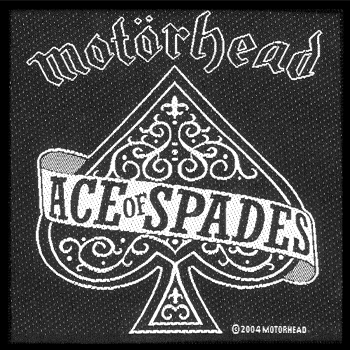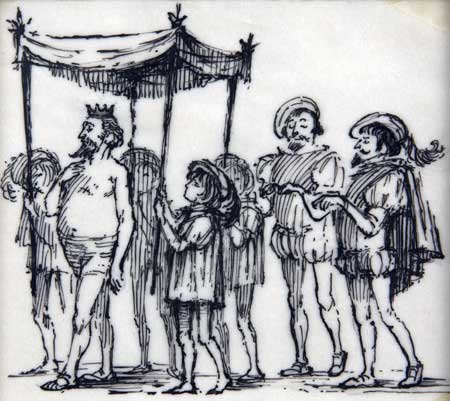The New Zealand Police [and Crown Law] appear to be adopting the Underpants Gnome strategy to deal with minor breaches of public order and transgressions against the general authority of the state:
1. Brutally arrest and lay spurious charges for general idiocy or mostly harmless defiance.
2. Weather firestorm of public and civil society outrage.
3. Drop or substantially downgrade charges after months (or years) of tedious ‘review’.
4. Insist that, despite expert opinions to the contrary, their original decision to lay charges — and the excessive means by which the arrests were effected — are perfectly justified.
5. ????
6. Profit!
This pattern holds in three high-profile cases that spring easily to mind: most clearly the “Urewera Terra” raids and subsequent fiasco, about which Pablo has written previously; more recently the case of Arie Smith, documented best by Russell Brown; and the pattern has today been completed by the decision to drop charges against Tiki Taane.
There are certainly other examples, which readers can discuss in comments. An exception to the pattern has been the Crown’s treatment of the Waihopai Three, who are being vexatiously pursued for damages they can’t pay, having been found not guilty by a jury of their peers. Pablo has written about this, also. In stark contrast to the high standard of conduct expected of random individuals stands the lax attitude towards police discipline, with egregious conduct documented or alleged in two out of three of those cases, and in others.
This coming weekend (weather & workload permitting) I’ll be visiting a block of land in Taranaki that the police had also pegged as housing “terrorist training camps” back in 2007. They failed to reach even the lax evidentiary requirements to gain the proper warrants to conduct raids there, but according to contemporaneous news reports they weren’t far off, and had dedicated considerable time, effort and money towards that end. Based on what I know about these particular circumstances, they would have roused a few kaumÄtua at Parihaka and its surrounds; some possum trappers, and depending on the day, perhaps a hunter or two (most likely PÄkehÄ), since the most dangerous people in there are the folks who go in of a weekend with quad bikes and boxes of ammo and bottles of spirits to blaze mobs of goats, and leave them on the flats to rot as pig bait. Policing of this sort is a fool’s errand, and after nearly four years we have no reason to believe that those cases that had accrued slightly more evidence than the one of which I’m aware will have meaningfully more merit.
Watching and listening coverage of the 1981 Springbok tour riots this past week or so I’ve been struck by how his preoccupation with symbolic insults to law and order, rather than more substantive breaches, is reminiscent of police and government conduct under Muldoon, during that era — a short, sharp, shock doctrine of fiercely punishing trivial breaches in order to send a signal to those who would commit more serious actions. I don’t have time at present to go into a deep discussion of the implications of this activism among the police, and indeed Pablo has already covered much of that ground better than I could. But the apparent detachment between police command and both the ordinary citizens of the state and the country’s expert civil society agencies would be hilarious if it wasn’t so concerning.
Perhaps the worst aspect of this trend is that it serves to undermine the credibility of and public confidence in the police, which civil society needs to function. Especially at society’s margins — including MÄori, the disabled, and activists — with whom police should be especially assiduous about building relationships.
Update: And would you look at that — right on cue, the remaining trumped-up firearms charges against the Urewera 18 have been dropped, on the grounds that continuing proceedings would not be in the public interest. Indeed. So, authoritarian apologists for the police state and anti-MÄori revenge fantasists, how you like THEM apples?
L





